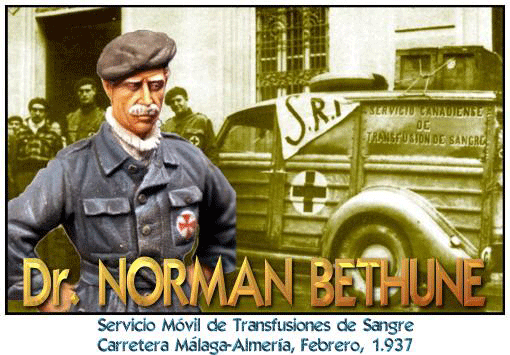
The law has traditionally been defined as a tool for protecting people and groups against abuses of power. However, in the first half of the 20th century, an idea spread that a subjective law of states exists that can be used against people: it is known as the Law of the Exception, which is based on the need to preserve the State, and which has even given rise to what is today known as Criminal Law of the Enemy. This idea clashes head-on with humanitarian law, and in many cases this clash is resolved by drafting laws which, supposedly founded on the latter, only give rise to regulatory forms of the former.
The Maternity of Elna, in Rousillon, which took in pregnant women and children born in the French concentration camps after the Civil War, is a perfect example of what men and women are capable of when they decide to establish humanitarian practices that are based on ethics, and which end up going beyond the law.
Cycle: The Humnanitarian ETHOS and war: reasons and passions, ideologies and beliefs
Organized by: Research group "Medical and scientific culture: practices, spaces, objects and exchanges" of the IMF-CSIC Directorate-General for Research, Residence for Researchers